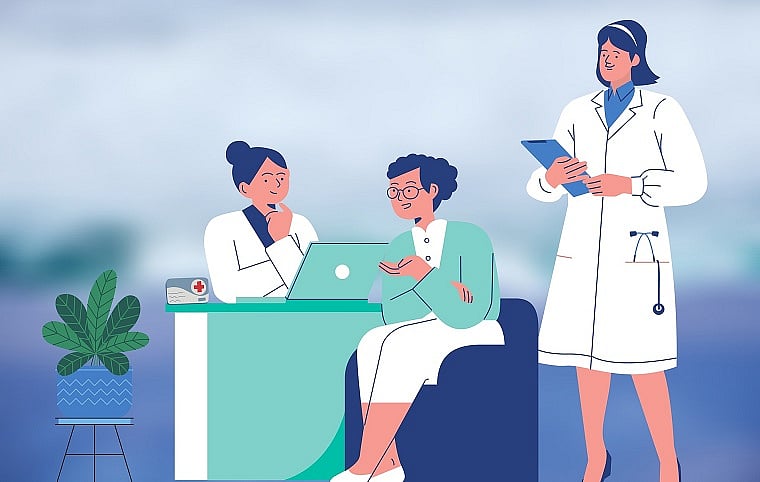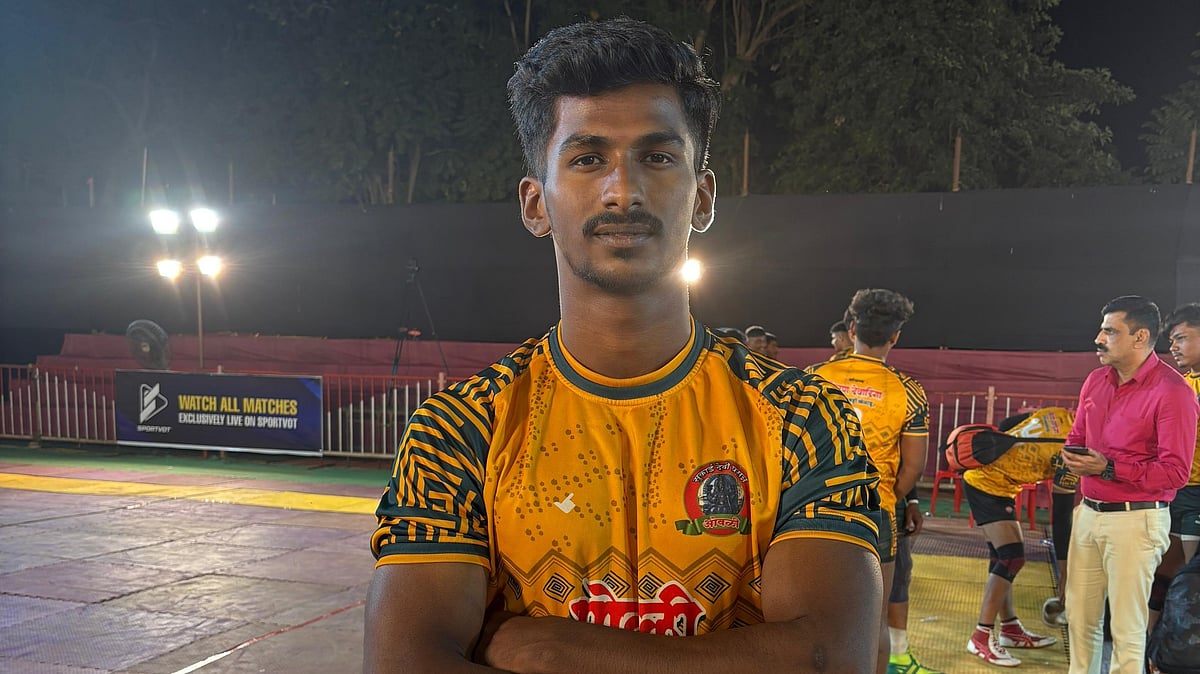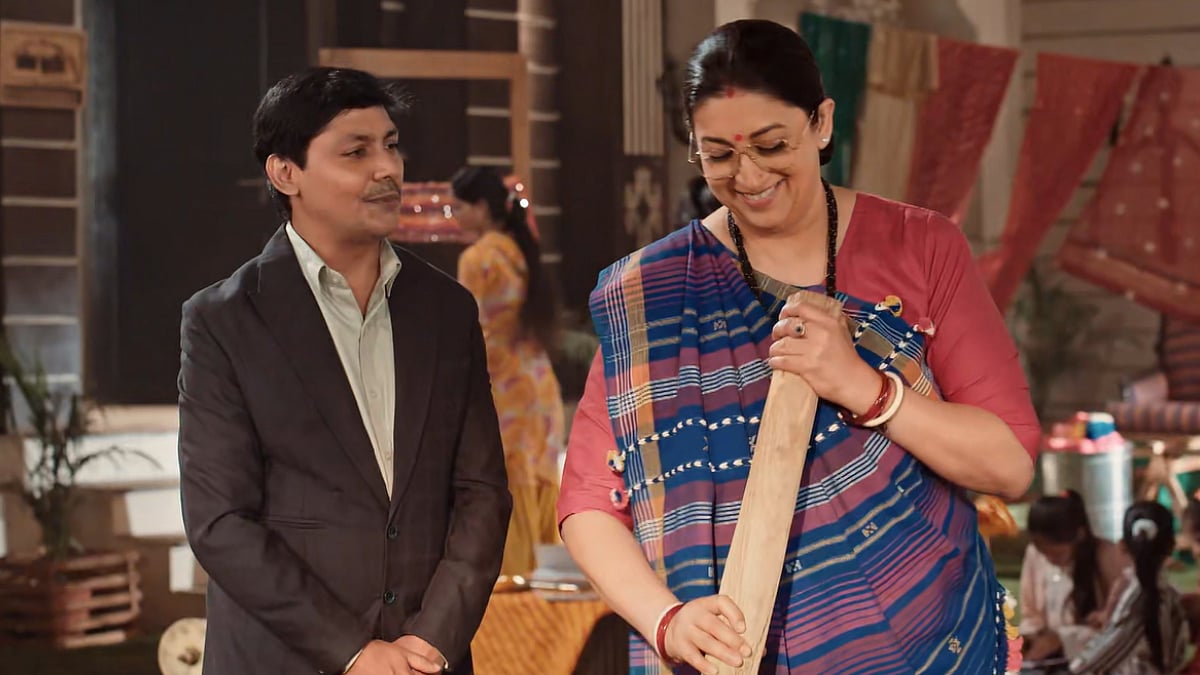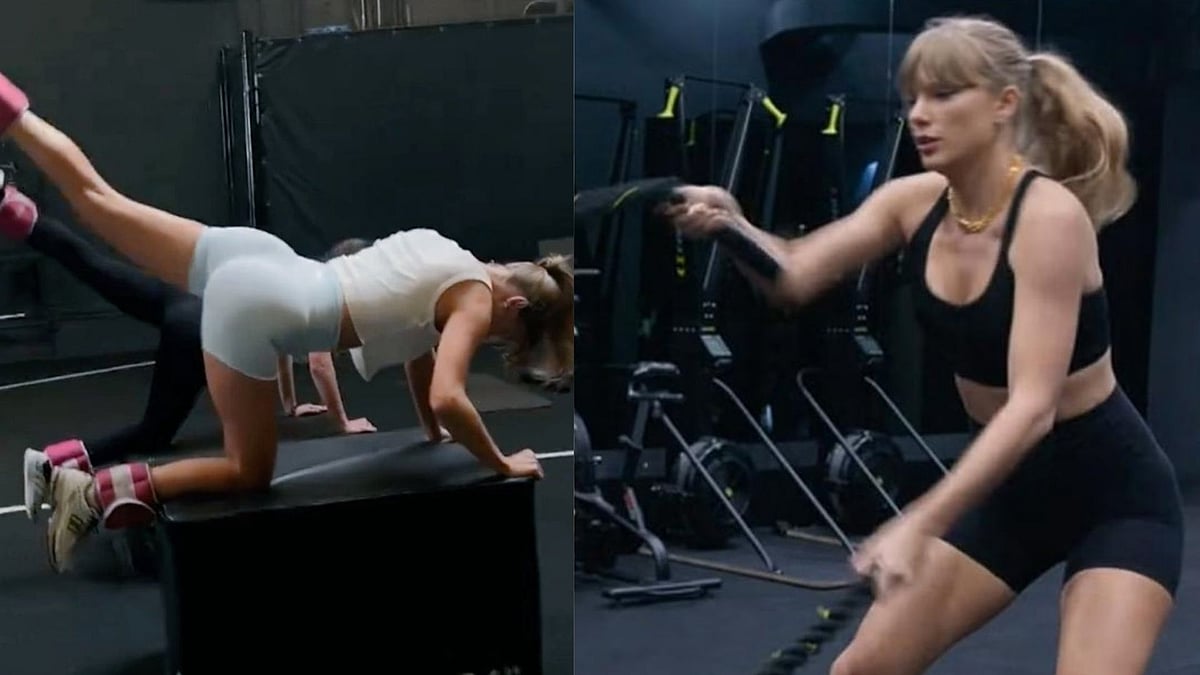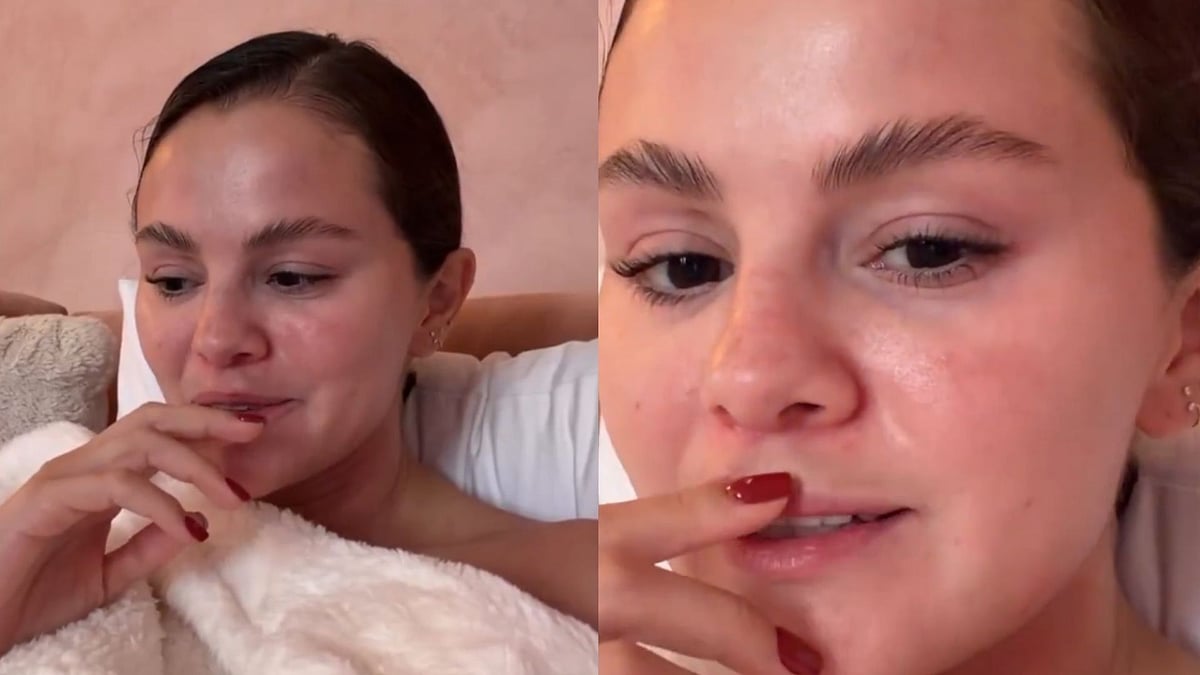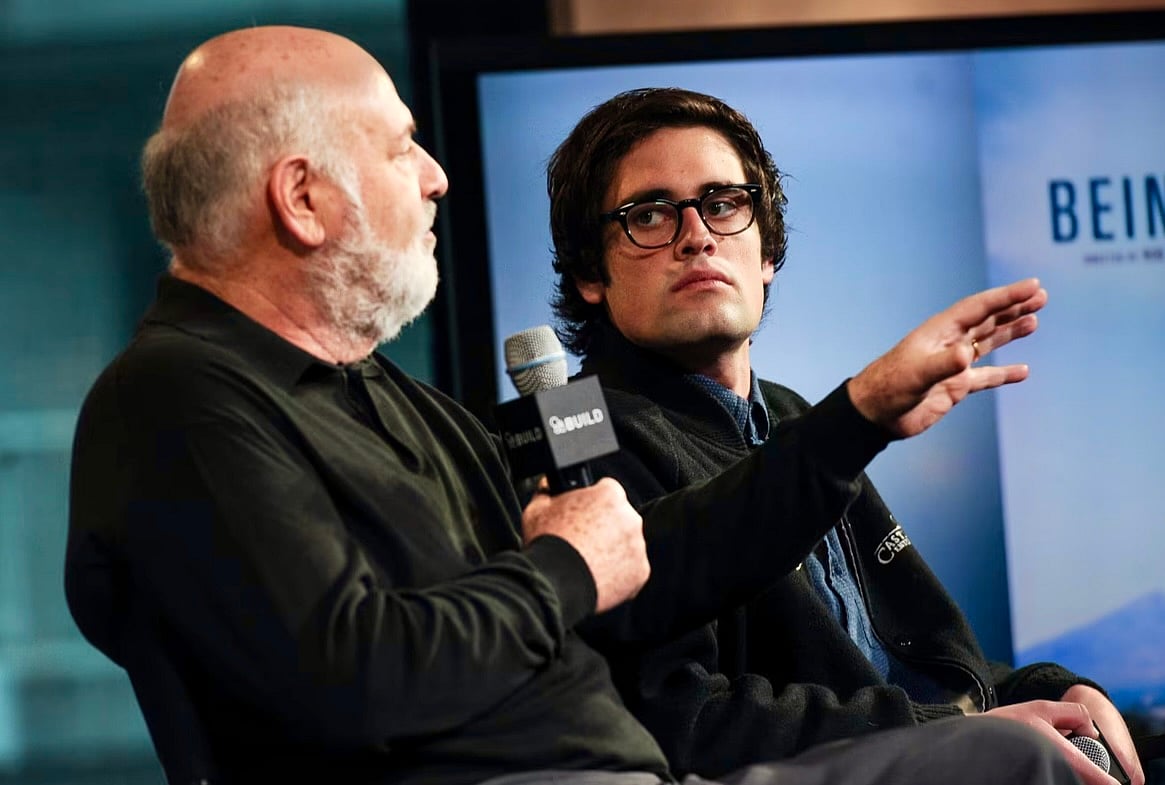India has low doctor penetration in the rural areas. India speaks 22 different languages. India follows a multidisciplinary medical system with six different medical systems approved by the Government. These are three random statements describing the complexity of the Indian healthcare ecosystem. However, if you look a little deeper you will realise that the above three points work in collusion to create an absolute breeding ground for one problem — health misinformation. Hence, it was not surprising when in a latest study that analysed 9657 pieces of COVID-19 misinformation from 138 countries, India notoriously ranked No.1 for generating the maximum number of misinformation (18.07%).
As a part of a health fact checking company that also works as a third party fact checker with Facebook, I look at hundreds of health posts on social media daily. We delve into supporting medical research, talk to health experts and then write an article on what is wrong and why. We go ahead and inform the poster, we alert the readers and try everything in between to prevent any harm.
One question I get asked often by new team members is: Why do we even fact check these posts? I understand the scepticism from a new team member, majority of whom do not come from a journalistic background but are young doctors and science writers.

The scepticism is not limited to them alone. I have been asked this “why” quite often with the questioner ranging from friends at a party to random family members. While the question is “Why” what most actually means is “who cares”. And I don’t blame them. Most of the health misinformation pieces we pick up to fact check, look apparently harmless. They look like something that they have always ‘known’, something our ancestors always ‘practised’ or something that is ‘easy to recognize as a fake because they sound stupid’. And mostly people believe that falling prey to health information is a harmless mistake. Well, fact check — wrong assumption.
Health information hurts at various degrees to different parts of the society. If you believed and acted on “Toothpaste cures pimples,” then at most you may end up with a burn on your skin. But only if it was always so simple. Imagine the public health repercussions in rural India on claims like “Drinking lemon water is as good as chemotherapy” or “rubbing hydrogen peroxide on your skin can cure skin Cancer at early stages.”
If you consider these in the background that India has an abysmal health literacy, you will understand why these posts have been shared over thousands of terms. Also, keep in mind that a majority of Indians do not have health insurance, fail to afford healthcare costs and often seek alternative treatments. So, trusting medical misinformation at times is also driven by compulsion. And this is where fact checkers come in. They work with health professionals to identify fake messages and build counter messaging through fact checking.
And, if you have started thinking that health information hurts only rural India, you will be wrong. During my regular interactions with doctors and healthcare professionals who help us with various fact check stories, I hear their observations again and again — they regularly see how depending on random health advisories on the internet is leading to multiple problems like wrong health decisions, delayed treatment, trust issues with your doctor, self medication and sometimes even more serious complications.
But I believe that is changing fast. And after the pandemic, it’s changing even faster. In a recent survey we did, we saw a majority of people now see online health content with some amount of scepticism and they believe that they ‘can’ fall prey to health misinformation. This is a good sign. People are becoming aware. Does this make health fact checking obsolete? Well, not yet. With one pandemic not being over and multiple experts warning about another pandemic in near future, we just need to learn that health fact checking is a mandatory extension to any public health literacy campaign in the age of social media and WhatsApp.
(The writer is Founder and CEO of The Healthy Indian Project (THIP), a health literacy Platform)
